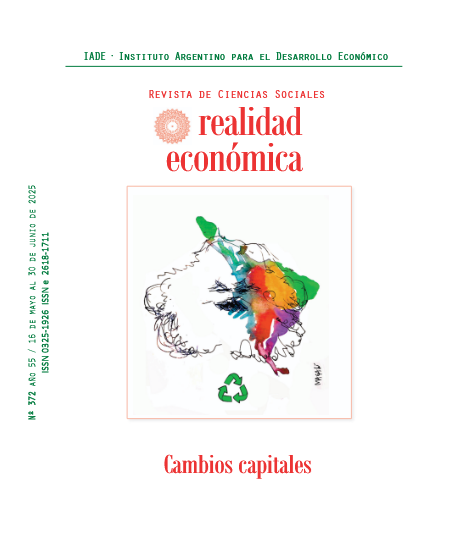The Geography of Capitalism After the 2008 Crisis:
The Pursuit of a New Spatial Arrangement
Keywords:
Capitalist Crisis, Dependency , International division of labor, Economic geography, Neoliberal globalizationAbstract
Guided by what we see as a regression in current economic debates—which have largely abandoned critical perspectives on capitalism—this article revisits the core arguments and concepts of Uneven Geographical Development (UGD) theory to strengthen our ability to revitalize discussions around imperialism, capitalist dynamics, and economic dependency. We return to UGD’s suggestion to consider capitalism geographically, highlighting how this system has survived its recurrent crises through the spatial reorganization of capital’s production and circulation. For Marxist economic geography, such processes help explain transitions between “models of production.” The inquiries promoted by this theory lead us to identify the current moment of capitalism as one of redefining its spatial arrangement (in Harvey’s terms), known as neoliberal globalization. We propose key elements for building research agendas focused on imagining emancipatory paths for Latin America within the international division of labor currently under construction.
Downloads
Published
Issue
Section
License
Copyright (c) 2025 Jerónimo Montero Bressán

This work is licensed under a Creative Commons Attribution-NonCommercial-NoDerivatives 4.0 International License.
La responsabilidad de los artículos firmados recae de manera exclusiva sobre sus autores y su contenido no refleja, necesariamente, el criterio de la dirección ni de la entidad editora.
Los artículos pueden ser libremente reproducidos con sólo acreditar a Realidad Económica como fuente de origen, salvo indicación en contrario.






